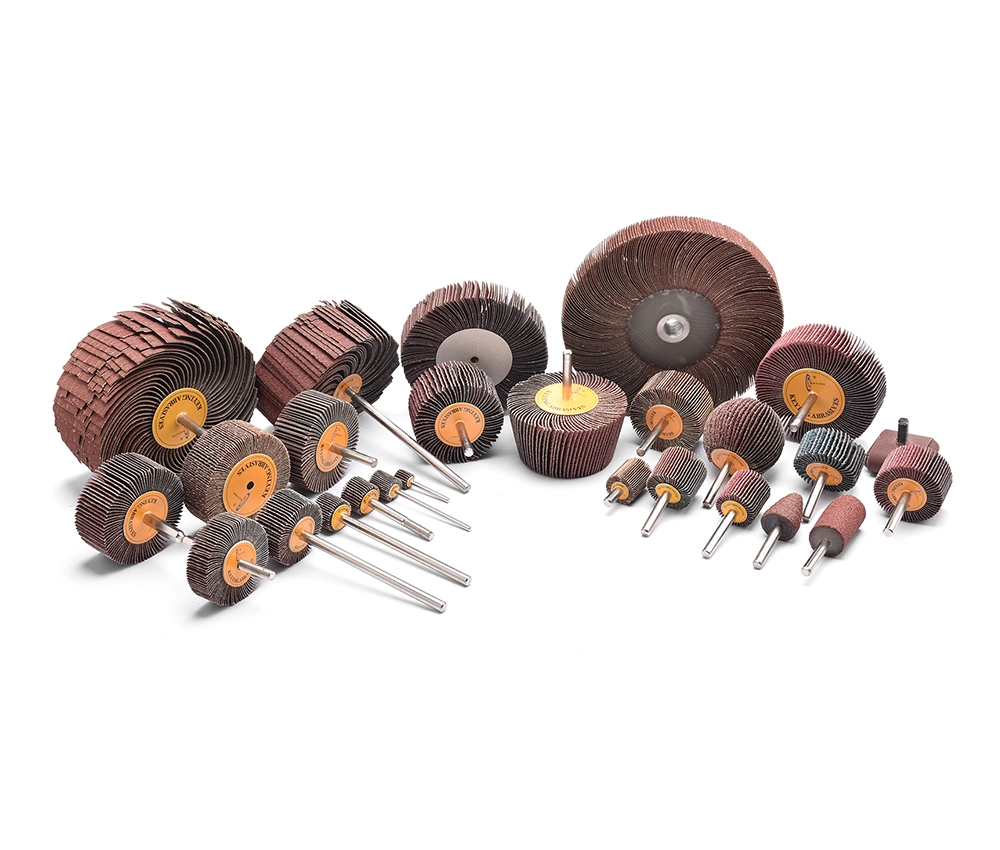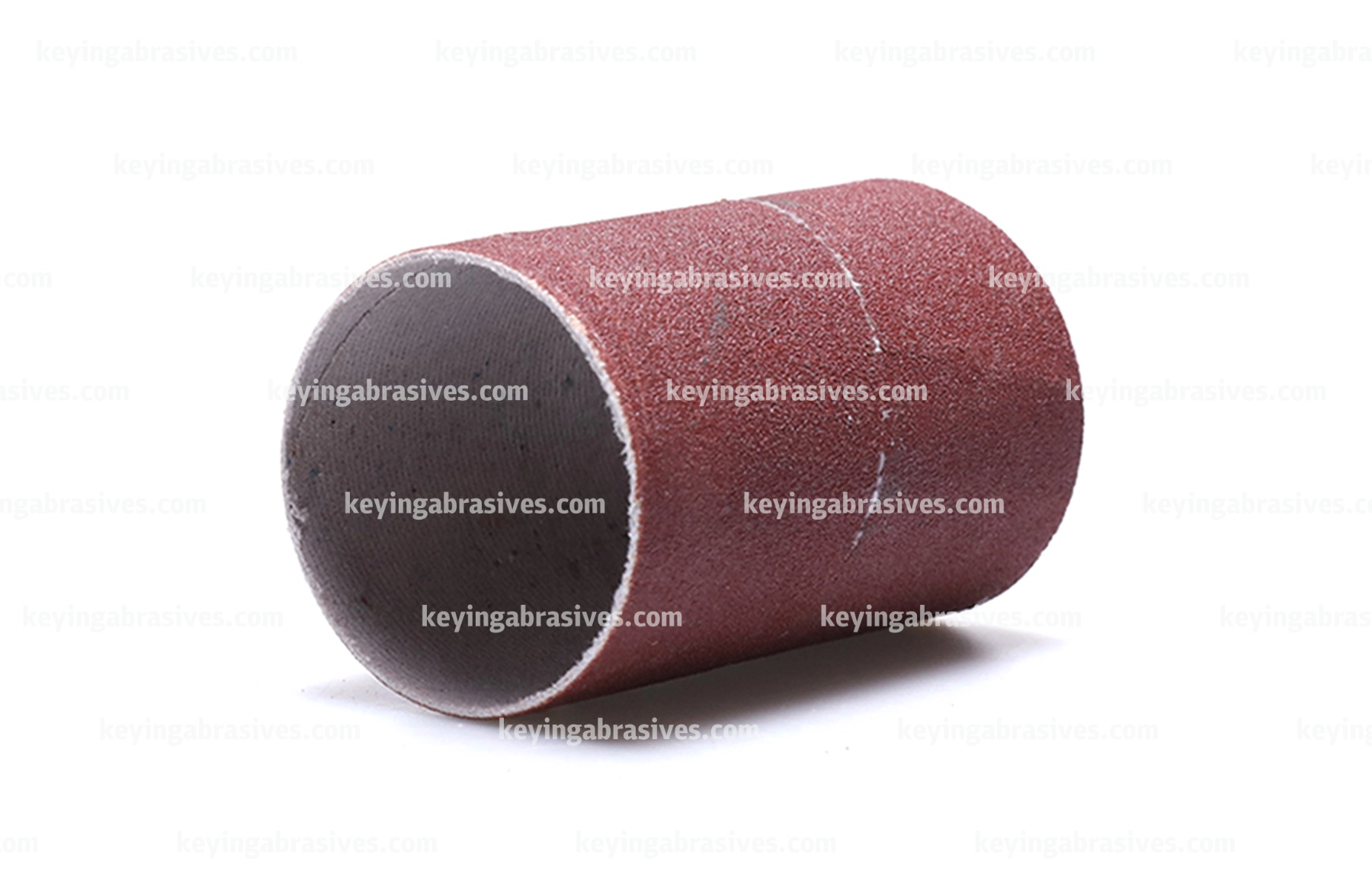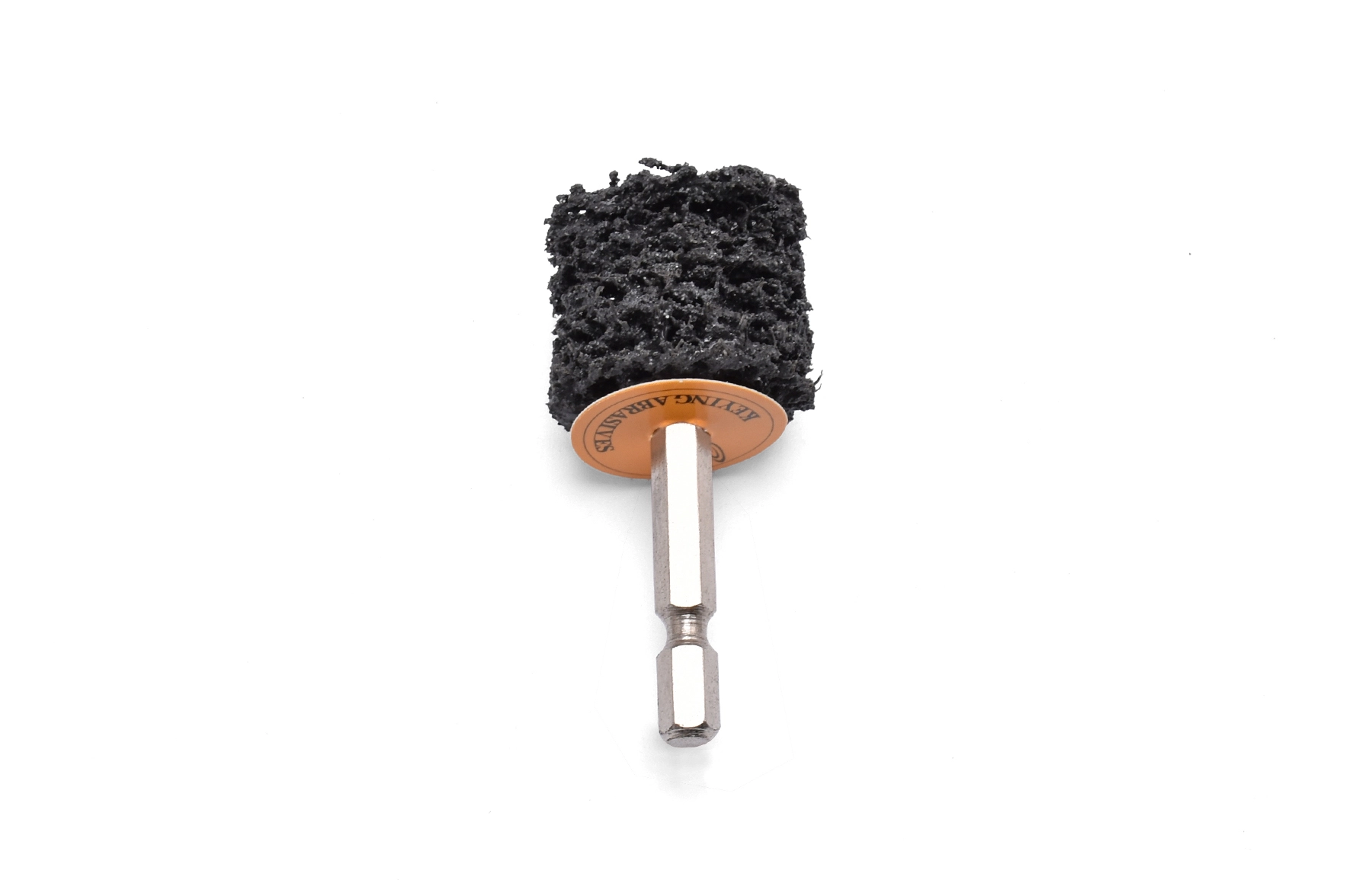
Dec 20-2017
Grinding operations with abrasives are widely used in the automotive industry to machine multiple transmission systems, suspensions, body and chassis components. For example, transmission system components such as engine blocks, cylinder heads, valves, crankshafts, camshafts, bearings, and gears require highly accurate, smooth and polished surfaces to reduce friction and wear, ensure proper sealing or achieve a smooth, low-noise effect. Free operation.
Welded and brazed body parts require grinding operations to remove sharp edges and obtain smooth and polished surfaces suitable for high-gloss paints. Various automotive abrasives applications may require different configurations of different types of abrasives, which could have a significant impact on part quality, production speed, maintenance downtime, and costs. This article introduces the appropriate abrasive selection for automotive industry grinding abrasives applications.
coating on a substrate or mixed into a non-woven abrasive. Bonded grinding wheels are composed of abrasives particles that are compacted and bonded into a solid shape with a cement matrix. Coated abrasives are made up of abrasives bonded to belts, sheets, discs, or rolls with adhesives. Non-woven abrasives are made up of three-dimensional spongy strands of flexible fibers with abrasive particles bonded to them, which are compressed together to form sand paper disk, wheels, or cylinders. The choice of abrasive particle type, and whether to mix them into bonded abrasives, coated abrasives, or non-woven abrasives in grinding operations, depends on many factors.
Conventional abrasives include alumina (Al2O3) ceramic alumina, silicon carbide, and zirconia alumina, which are the most widely used and cheapest. Ceramic abrasives are typically harder than alumina and have sharp grains with aggressive shapes. Super abrasives such as diamond or cubic boron nitride (CBN) may cost more than 50 times their conventional abrasives. However, these automotive abrasives can be used to grind parts 100 times that of conventional abrasives. Super abrasives from professional abrasives supplier can grind the hardest steel with minimal wear, making them ideal for grinding operations with infrequently replaced tools. Another advantage of CBN is that these materials conduct heat better than traditional or ceramic abrasives, which can reduce the working temperature during grinding.

